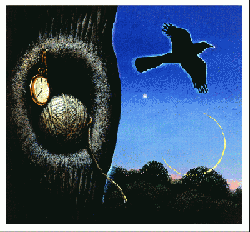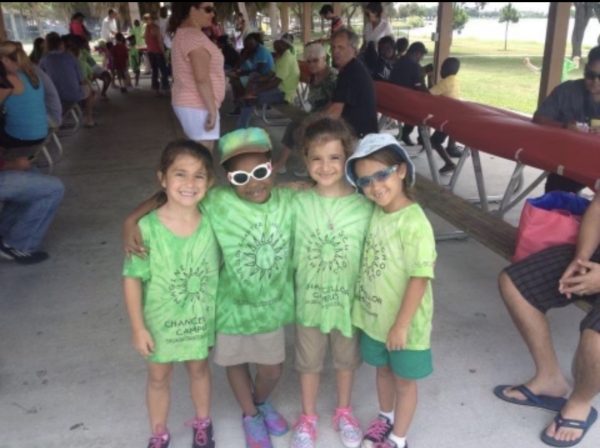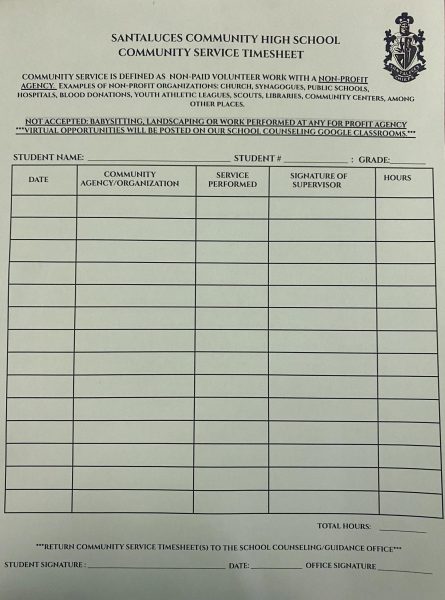To Kill a Mockingbird: First Experience

March 3, 2015
Unlike half the population of students in the United States, I read To Kill a Mockingbird, by Harper Lee, this year as a senior. My reason for such late reading is that in my old middle school, we were never assigned the famous novel, and same applies for my freshmen year. Having heard several peers pouring out their love about this book, I knew it was time to pick this book up and start reading, not as an assignment, but for pure entertainment.
Within the first five chapters, I was hooked. How did Jem Finch break his arm? Who was Boo Radley? And why wouldn’t Boo Radley emerge from his home? These three questions filled up my mind constantly. But out of all the characters that were mentioned in the book, Atticus Finch stood out most for me. Never have I had massive admiration for a character, besides Harry Potter, than I did for Mr.Finch. He is the epitome of a noble and wise man. The way he carries himself and shows sympathy for all the townspeople explains why the civilians of Malcomb respect him. One of the great moral lessons Atticus taught Scout Finch that truly made me pause and reflect was to recognize the good and bad qualities of people, admire the good and understand the bad. The way Harper Lee did that was to start out the two siblings with a ”good” life, then through their coming of age, they experienced evil and how the world can become corrupt.
In addition to admiring Atticus Finch, I was fascinated by Boo Radley. For a man who has never left his home in years and never saw the light, I tried so hard to decipher this enigma of a man. Along with Jem, Scout and Dill, who tried to approach his house many times, I felt myself with them trying to sneak a peek. After the completion of the book, everything made sense about Boo Radley: those little gifts found in the trees, the blanket that was around Scout during Mrs. Maudie’s fire and the violent encounter after the school play. A man who was made fun of and considered dead turned out to be more alive and caring. He was like a guardian over these children which shows we should never judge a person without knowing them.
Also while reading, the title of the book kept creeping back into my already clogged up mind. What exactly does the title mean? And why was a mockingbird picked? Then with little explanations and details from the characters, a clear meaning formed. The mockingbird is a bird of innocence. Rewinding back to the characters such as Tom Robinson, who was accused of rape but was innocent and Boo Radley who was considered an outcast; both symbolize the mockingbird. And just as Atticus explained to Scout, “Mockingbirds don’t do one thing but . . . sing their hearts out for us. That’s why it’s a sin to kill a mockingbird.”
To Kill a Mockingbird was a book I wish I read sooner. Many important moral lessons can be learned from this book along with growing connections with the characters. This book is truly a masterpiece of American literature because it takes the readers through the phases of life and the roots of human behavior and actions.











